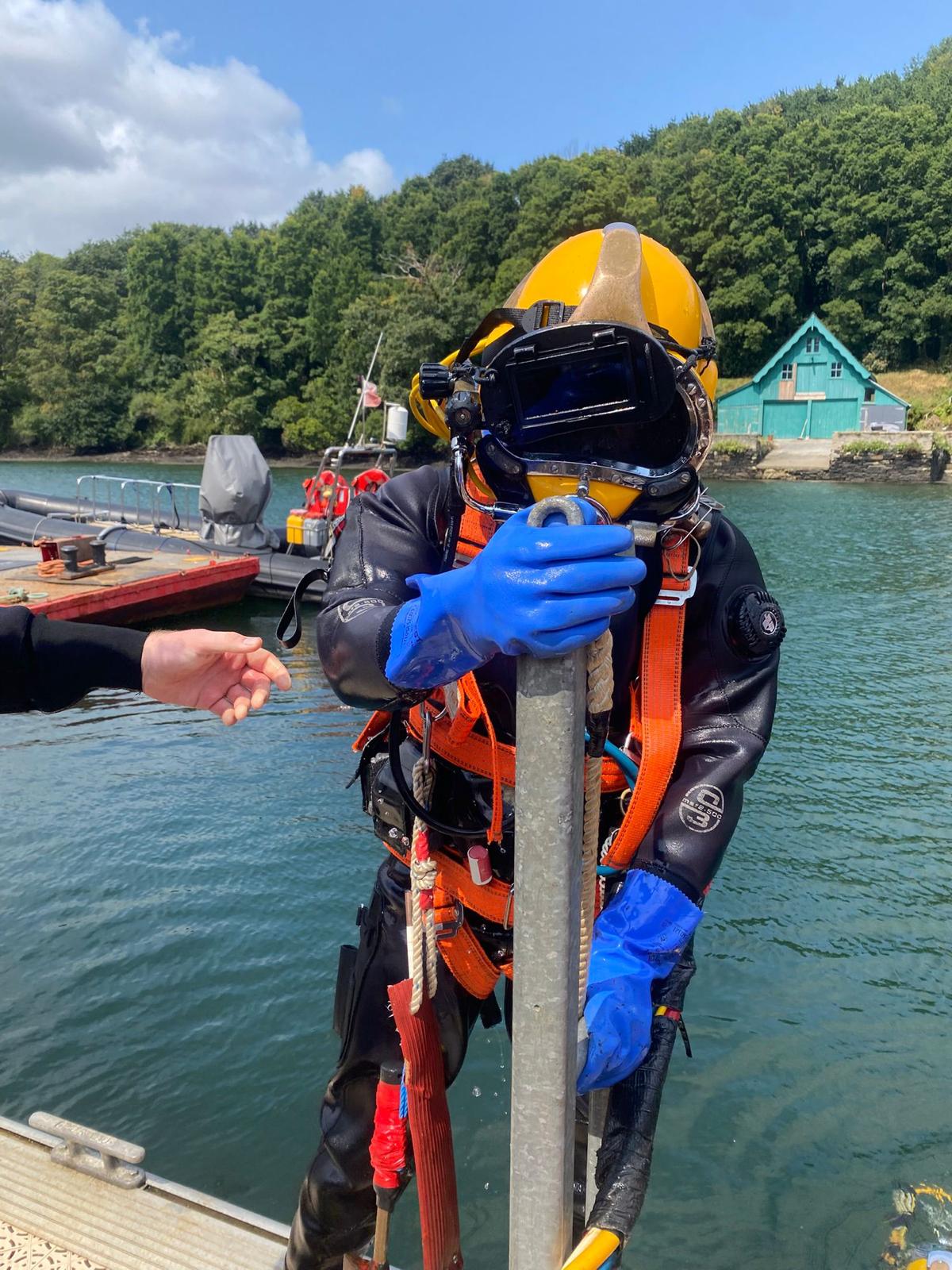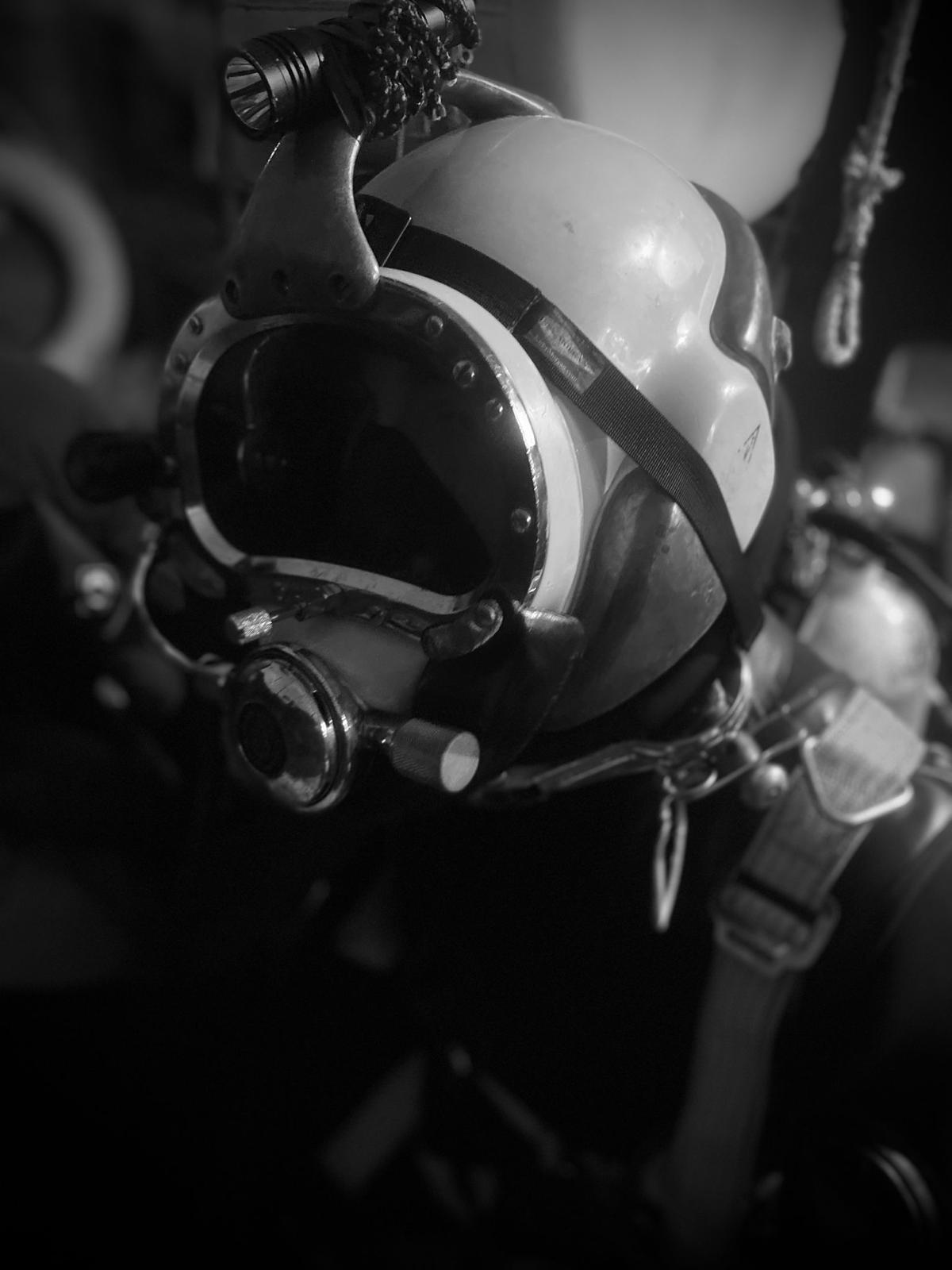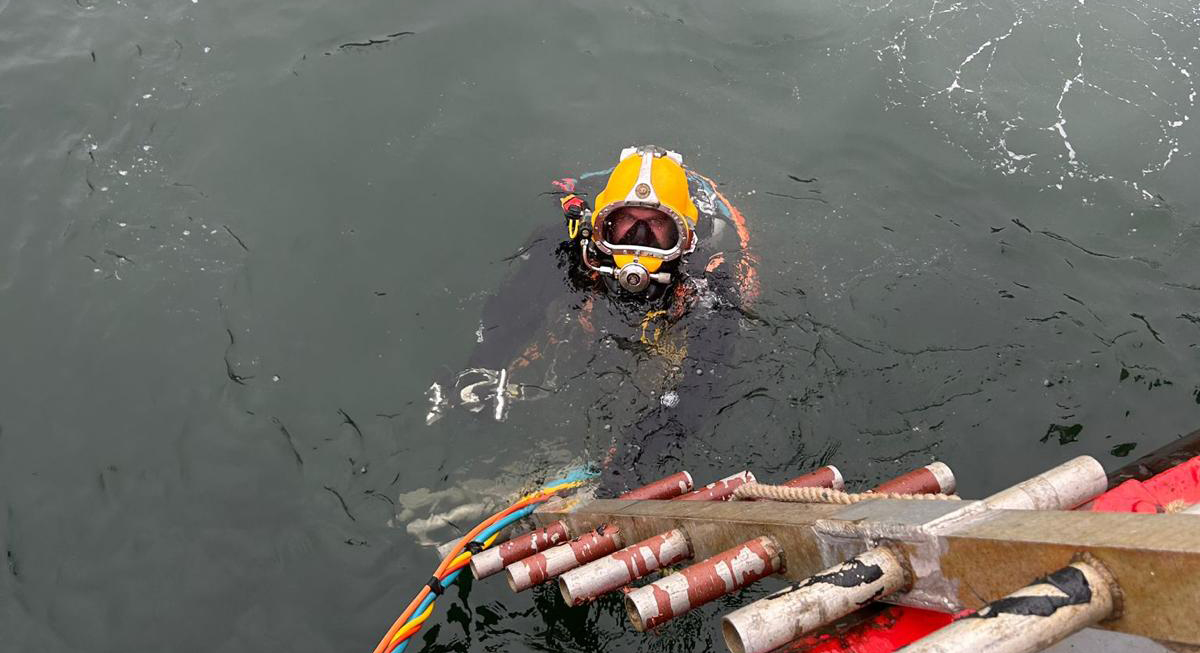Beckett Rankine’s clients will now benefit from in-house commercial diving as part of its maritime engineering services offering.
This summer, Principal Engineer Matt Sadie completed the HSE Surface Supplied dive training course with Commercial Diver Training Ltd (CDT) in Fowey, Cornwall.
This means that for projects requiring underwater inspections, repairs or installations, there will be a qualified maritime engineer on the dive team to provide on-site expertise more quickly and efficiently.
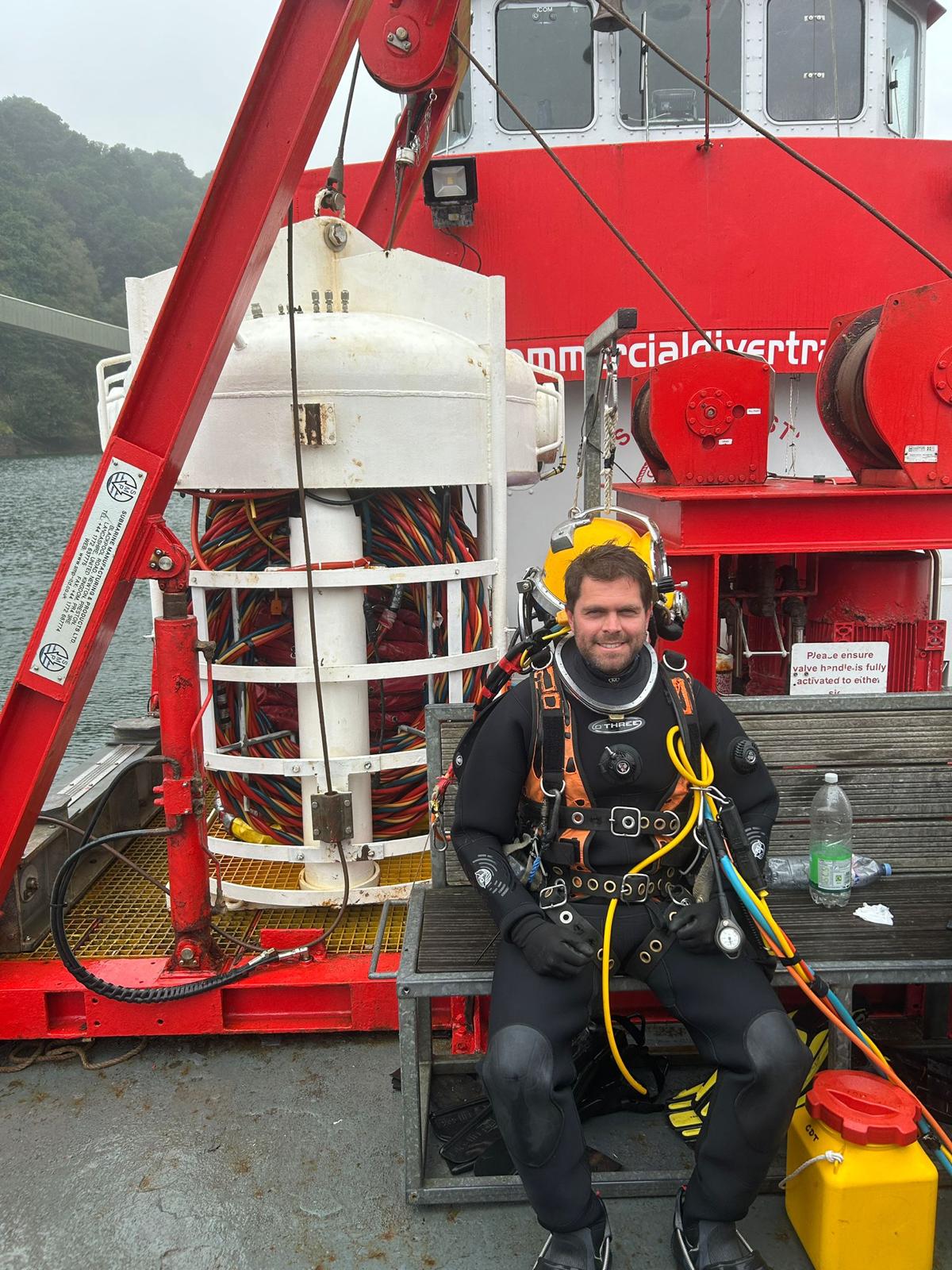
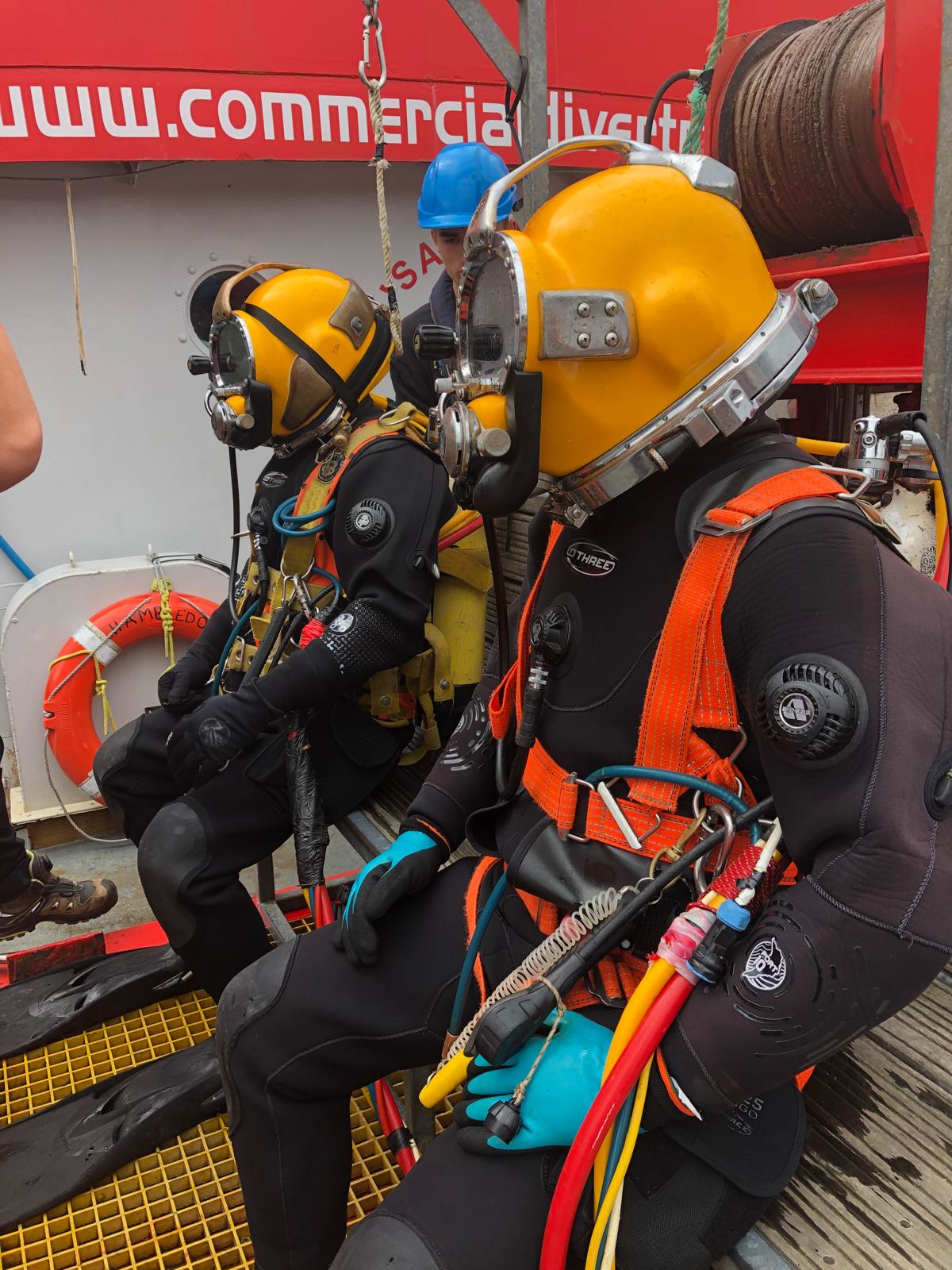
Tim Beckett, Director, said,
“Delivering a high-quality service for our clients is a core principle of ours at Beckett Rankine, which is why we invest in providing our staff with fully funded training opportunities for a range of professional qualifications.
We are proud to support Matt in achieving his commercial dive training certificate and look forward to seeing his new abilities put to good use!”
We asked Matt to share his insight about the experience:
Why did you want to undertake commercial diver training?
Becoming a commercial diver allowed me to combine two things that I really enjoy in life – engineering and being in the water. I knew this training opportunity would not only be something that I would enjoy, but something that would also enhance my ability as a maritime engineer and provide a unique skill set to Beckett Rankine. Beckett Rankine were fully supportive of this and funded my time and training.
What did the HSE Surface Supplied course involve?
As the name suggests, the course focused on professional diving where air is primarily supplied from the surface, rather than from a scuba cylinder. Under HSE requirements, surface supplied techniques are required for undertaking most engineering related works and activities in the UK.
It was a 5-week intensive course with a mixture of classroom theory, dive practical and exams. Approximately 90% of our time was spent out on the water undertaking dive operations, which included underwater inspections, construction, rigging and lifting, ultrathermic cutting, and disc cutting. We also did a few night dives.
How was the experience for you?
It was brilliant, I really enjoyed it. In the lead-up, I was a little unsure of what to expect, other than that I had been told the training can be intense! But once I got there, it felt like this was the right place to be in order to develop as a diving engineer.
The training staff at CDT were excellent, very professional and personable. It was reassuring that it was clearly a safe and controlled environment from start to finish. For anyone considering the course, I would recommend training with CDT.
Did you have any diving experience before this training?
I had only dived recreationally a few times prior to starting this journey of becoming a commercial diver.
However, once I had made the decision to pursue this qualification, there were a number of courses I had to do, including first aid, various PADI qualifications and the HSE Scuba course. In 2024, Beckett Rankine put me through the HSE Scuba qualification during a two-week course in Southampton, which is a pre-requisite required for the HSE Surface Supplied course.
How will this qualification help your work?
Diving is a skill that complements maritime engineering because so much of what we work on is below water. Being a qualified diving engineer means I can take my knowledge directly underwater, which will help during inspections or assessing marine structures.
Beckett Rankine has a fantastic relationship with commercial diving teams for carrying out underwater surveys or repairs. If the contracted dive team flags something that needs an engineer’s input during a project, I can join them there and then to see first-hand what’s going on. This makes everything much easier whilst on-site, ultimately adding value and saving money for our clients.
